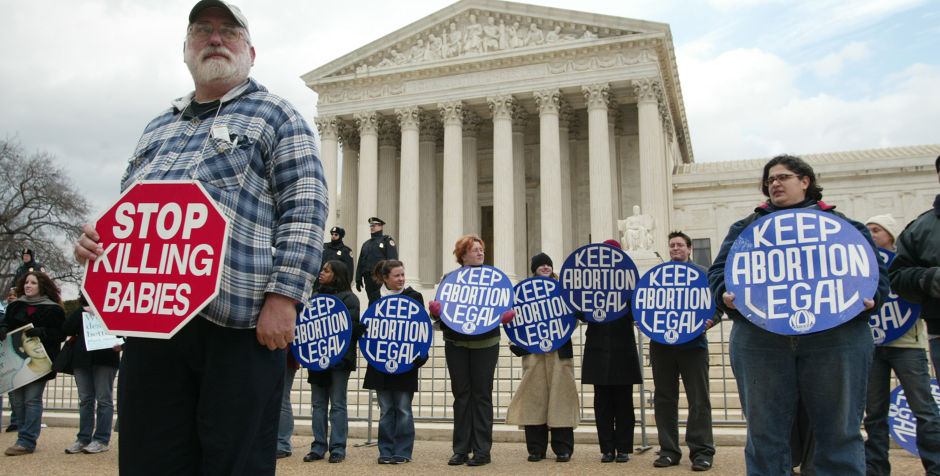Abortionists Ask Supreme Court to Review Texas Abortion Regs
On September 2, abortionists and abortion businesses filed a petition for certiorari, asking the U.S. Supreme Court to hear their constitutional challenge to Texas abortion regulations requiring abortionists to have admitting privileges at a hospital and requiring abortion facilities to meet basic state safety standards for ambulatory surgical centers.
The abortion challengers had initially won in federal district court in Texas, but a three-judge panel of the U.S. Court of Appeals for the Fifth Circuit unanimously upheld Texas abortion laws except as applied to two particular abortion facilities (in El Paso and McAllen). The ACLJ, jointly with the Houston Coalition for Life (HCL), had filed an amicus curiae brief in support of the regulations in the court of appeals.
After the Fifth Circuit's ruling, the abortion challengers obtained an order from the Supreme Court putting a "stay" on the Fifth Circuit's ruling pending further review. Such a stay is a strong indication that the Supreme Court is likely to agree to hear a case.
The Fifth Circuit's decision in Whole Women’s Health v. Cole (previously named Whole Women’s Health v. Lakey) reaffirmed the principle that the so-called “right to abortion” recognized in Roe v. Wade and Planned Parenthood v. Casey is not the “right to an unsafe abortion.” As the appeals court emphasized, the Supreme Court has repeatedly underscored that states can protect women from unsafe abortion practices. That is precisely what the Texas rules do -- target potential safety risks.
Nevertheless, the abortion challengers want the rules overturned because, like all safety regulations, they make it harder and more expensive to run a business. That is, it is cheaper and easier to run an abortion facility the way the owners want, taking shortcuts on safety, regardless of whether it meets higher health standards.
If the Supreme Court decides to take the case, which is likely, the ACLJ plans to file in defense of the safety regulations. Too many women have already suffered serious physical harms, even death, after getting this supposedly "safe" procedure.
The practical implications of this case are immense. The Texas regulations at issue have already shut down the majority of abortion clinics in Texas -- clinics that either could not or would not meet the required safety standards -- literally saving thousands of unborn babies’ lives and protecting women from post-abortion harms. The ironically named Whole Woman's Health case poses the question which is more important: the safety of women, or the bottom line of abortionists.
The Supreme Court may announce sometime in November whether it will hear Whole Women's Health v. Cole.
